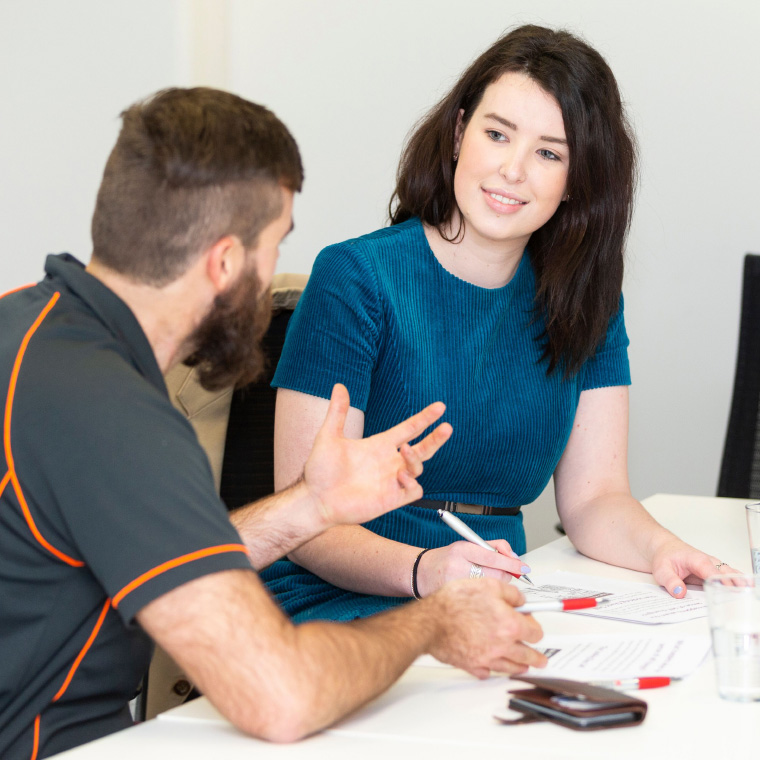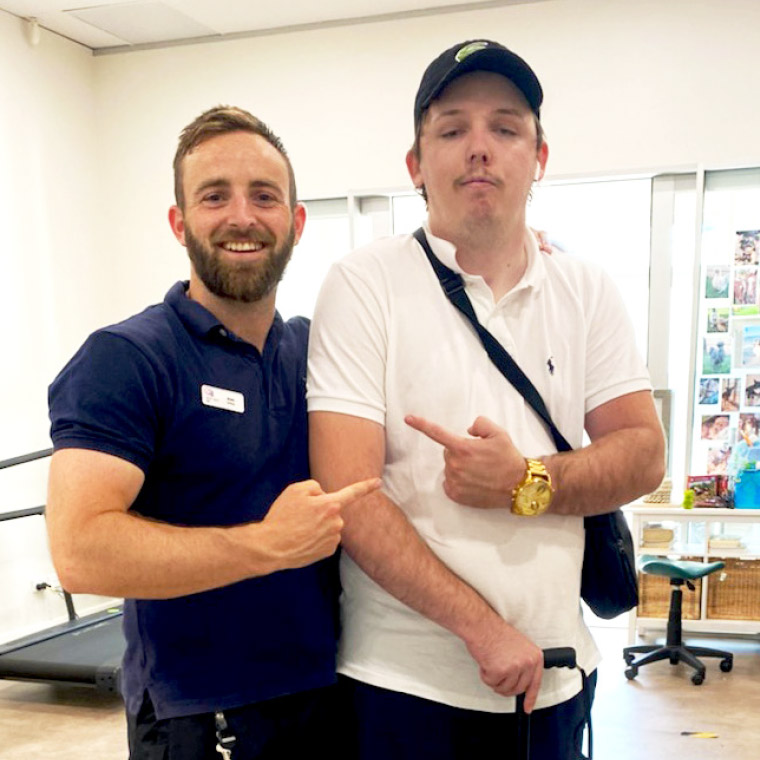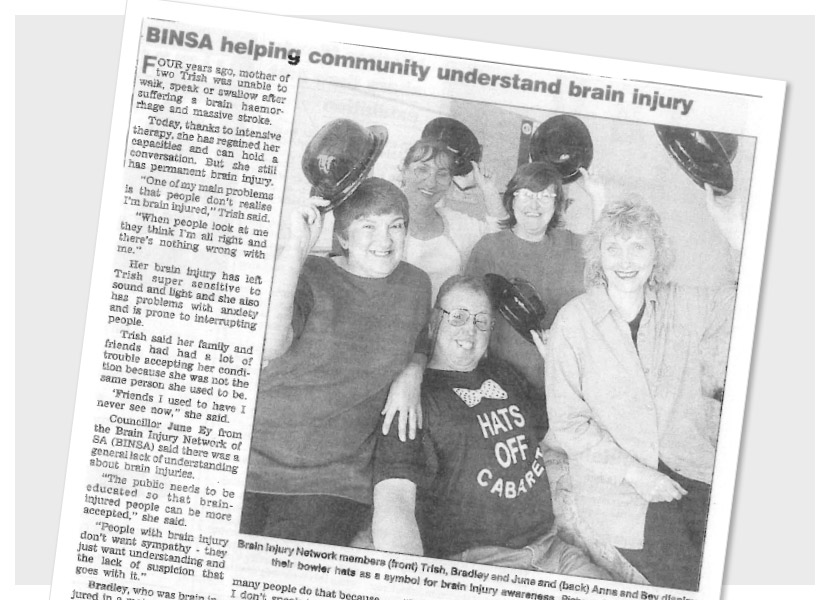This past year has been successful for the Reconnect Transition Program (RTP), which is funded by the Lifetime Support Authority and delivered by psychologists Ed Weaver and Eliza Kavanagh. RTP is all about providing a space for people with a shared experience of brain injury to connect, share stories and learn from one another, find purpose and direction, and improve mental health.

Over the past year the following has been delivered:
- Three 10-week RTPs;
- One 10-week youth RTP (yRTP) for younger people under 30;
- Monthly BISE Group (Brain Injury Support and Education) sessions; and
- Express RTP (eRTP) for those living in regional South Australia.
We have a wonderful group of talented and dedicated mentors who themselves have lived experience of brain injury.
This past year has seen an expanding role for the RTP peer mentors, who play an integral role in the delivery of the group sessions, including a greater emphasis on them leading sessions on topics of passion. They do this by contributing to and guiding the group discussion, working 1:1, and in small groups with participants on specific activities.
Feedback from the RTP consistently states that being able to share one’s story and be understood by others living with brain injury is what is most valuable; our mentors are crucial to guiding the important conversations in sessions that achieve this.
eRTP is designed to connect with people in regional locations, in order to boost their level of support and reduce isolation. Psychologist Eliza Kavanagh and Mentor Holly Scott travelled to Mt Gambier to deliver a successful eRTP session on June 10th of this year. This session provided a foundation for subsequent monthly workshops that have been facilitated by Eliza and Holly remotely, with some participants gathering in the Mt Gambier library and others joining online from all around regional South Australia. This new model is expected to be an important addition to the available supports for social connection for the many people with ABI living regionally.
The monthly BISE Groups have also been well attended. These sessions are held on the first Wednesday of every month, and have included sessions with a qualified art therapist, and outings to the Botanic Gardens, Art Gallery and a local community garden on Franklin Street in the CBD.
They have been an excellent opportunity to make new connections and foster friendships, which is a big part of what the broader RTP is all about.
We thank the Lifetime Support Authority for their continued support of these important programs.
Proudly Supported and Funded by The Lifetime Support Authority:
– Nathan’s Story: Celebrating Nathan’s Progress
Nathan was involved in a motor vehicle accident in April 2019, resulting in a traumatic brain injury.
He began his journey with Brain Injury SA in October 2019 and has been working extremely hard with his rehabilitation ever since.
Nathan expressed that his goals for therapy included increasing his weight, improving his strength, balance, and speech, while becoming more confident with everyday life and overall mobility inside and outside of the home. Nathan has had input from a variety of health professionals and disciplines while being at Brain Injury SA, including speech pathology, occupational therapy, and physiotherapy.

We have watched Nathan grow as an individual within his therapy and his life outside of Brain Injury SA. When asked what he believes is his biggest achievement since starting his journey at BISA, he says that it’s too hard to name just one; he has just purchased his first home, is in the process of obtaining his license back and has been asked by the RAA to present at their annual RAA Street Smart event for high school students, to name a few! These are incredible achievements and have been made possible due to Nathan’s support network, both at home and in the clinic, his hard work that is second to none and his desire and motivation to embrace life after brain injury.
We asked Nathan what he enjoys most about coming to Brain Injury SA and he said the staff.
He really enjoys his physiotherapy sessions with his two Physiotherapists Alex & Dylan and loves having a chat with the lovely Louise at the front desk. He says that it feels more like spending time with friends than anything, even though they work him extremely hard! At his initial physiotherapy assessment, Nathan was dependent on a wheelchair and is now walking unaided indoors and uses a walking stick when out in the community – which is a testimony to his motivation and drive to improve.
We are extremely proud of Nathan and everything he has achieved over his journey, and we can’t wait to see him speak at the RAA Street Smart High!
From the Archives: Brain Injury Education
This message is still very relevant today:
The importance of education about brain injury to assist in its management for both the individual and their families.
